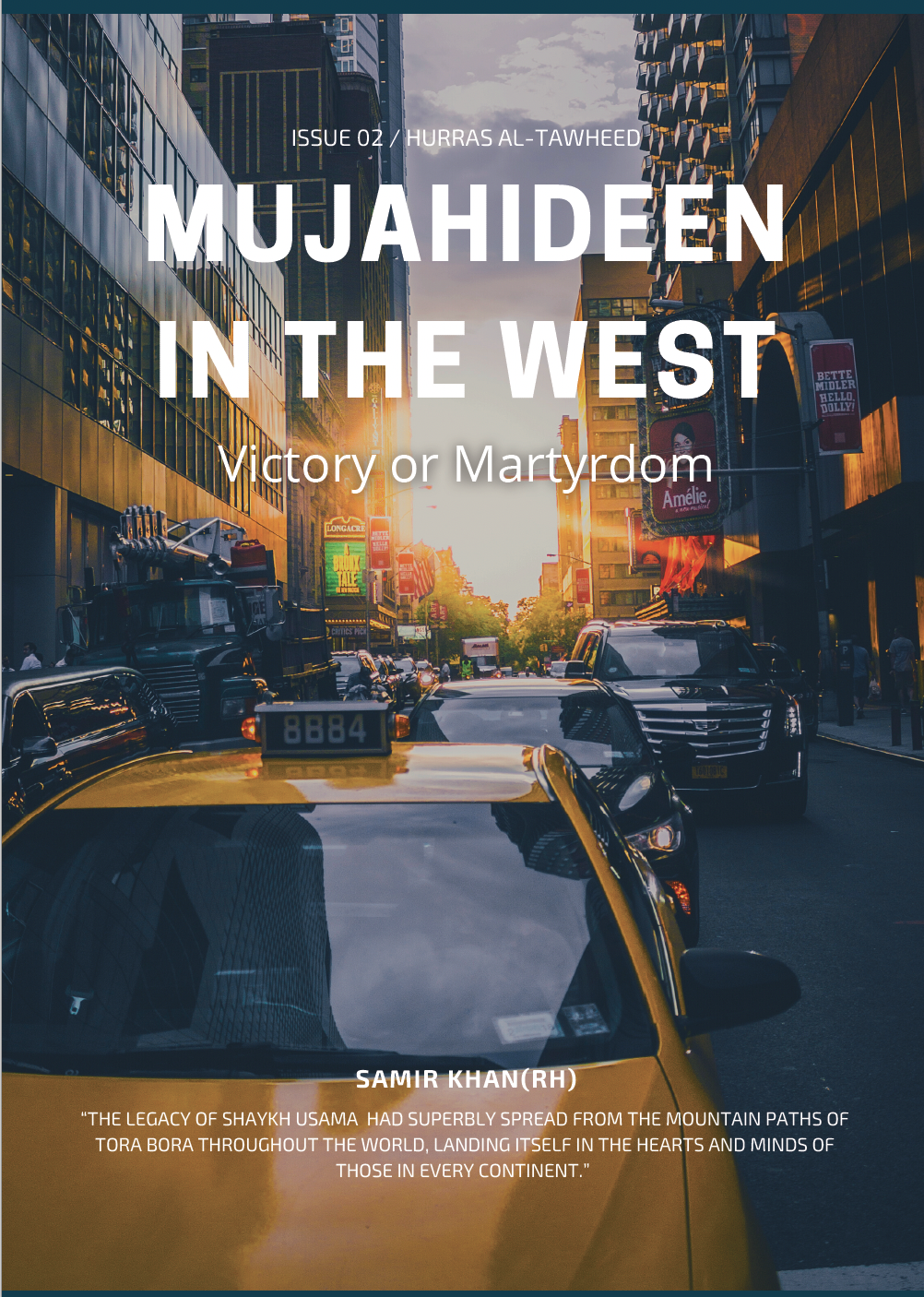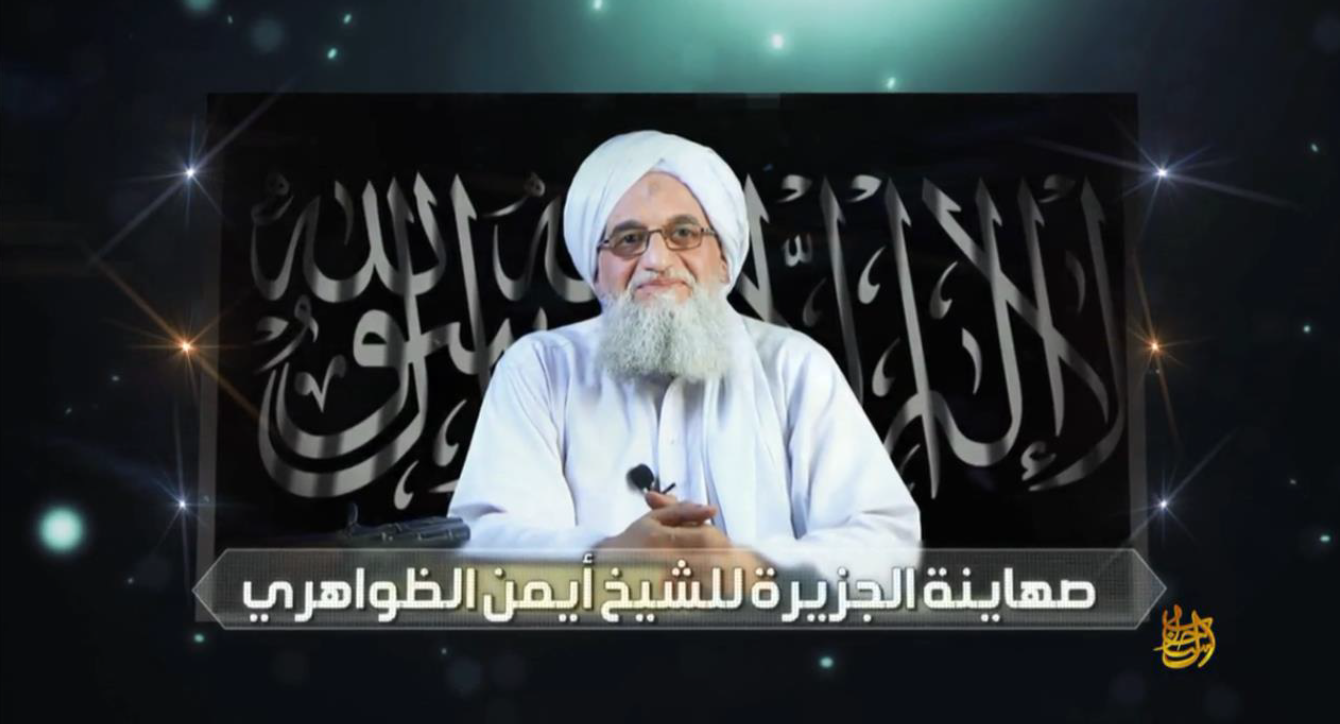
‘O Mujahideen in the West’: Interview with Hurras al-Tawheed
Within Jihadi propaganda, terrorism in the West against ‘the crusaders’ or ‘the infidels’ features prominently. The AQAP-produced magazine Inspire specialized in calling for action and advising al-Qaida supporters on how to attack in addition to providing religious justification. The latest issue of Inspire was published in summer 2017, and since then a string of new magazines and supporter organizations calling for terrorist attacks has emerged. One such example is the Wolves of Manhattan magazine that has so far published three issues. In February 2022, another new magazine started to be shared on encrypted platforms carrying the title ‘O Mujahideen in the West’. Until now, the group behind the magazine, Hurras al-Tawheed, has published six issues and a Ramadan special issue. Initially, the magazine did not stand out for its calls for jihad in the West. What really caught my attention was how it positioned itself within the Jihadi current and its way of communicating.





